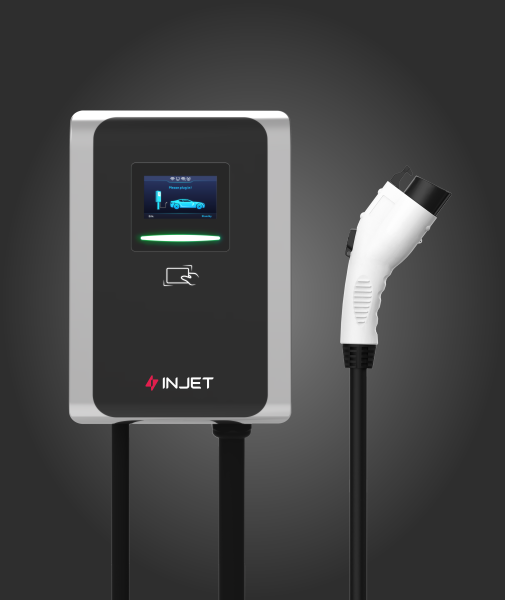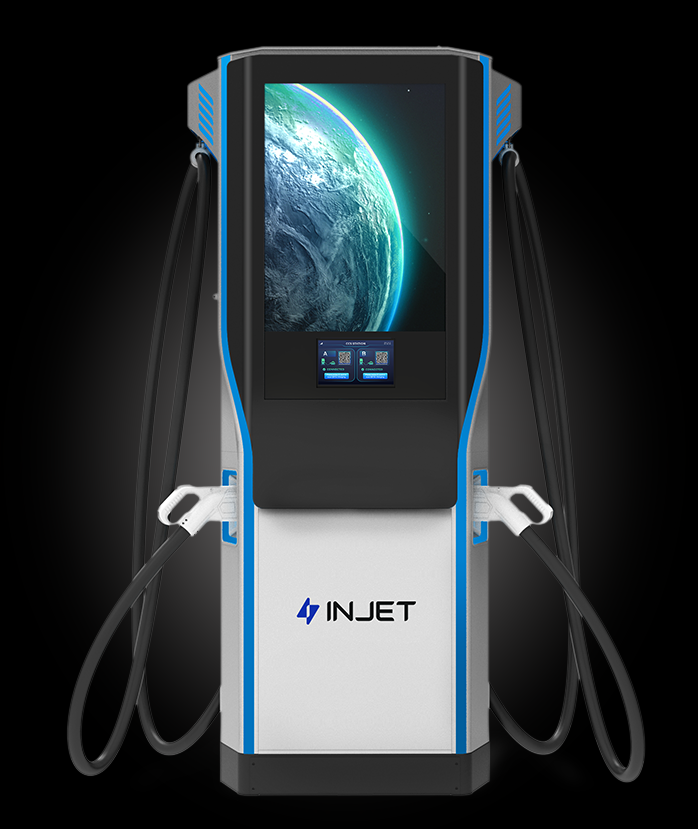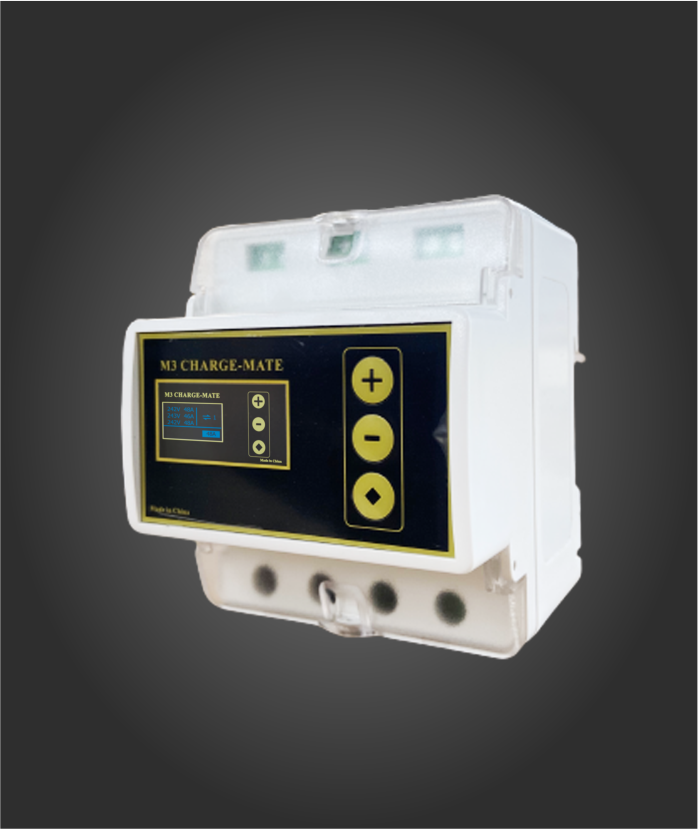stock code
300820.SZ
Smart Ev Charger Fundamental
What is Smart Ev Charger
A Smart EV Charger is an advanced charging station designed to optimize the charging process for electric vehicles (EVs) by using connectivity and intelligent energy management. These chargers communicate with the vehicle, the grid, and sometimes even with home energy systems to ensure efficient and cost-effective charging.
What is the Key features of Smart EV Chargers
Connectivity:
Smart chargers connect to the internet or local networks, allowing for real-time communication between the charger, the EV, and energy providers. This connectivity enables remote monitoring and control of charging sessions through mobile apps or web platforms, you can monitor your EV's charging status and control the charger from anywhere.
Dynamic Load
Management: Smart chargers can adjust their power output based on the current demand from other devices in a home or facility. This prevents overloads and ensures that the total energy consumption remains within safe limits. For instance, if multiple devices are drawing power simultaneously, the charger can reduce its output to avoid exhausting the household's maximum capacity.
Cost Optimization:
By analyzing electricity prices in real-time, smart chargers can schedule charging during off-peak hours when electricity price are lower. You can schedule your EV to charge at specific times, smart EV chargers can participate in demand response programs, which allow utility companies to manage electricity demand by temporarily reducing the amount of power being used during peak times, this feature not only saves money for EV owners but also helps stabilize the grid by reducing demand during peak times.
Integration with Renewable Energy:
Many smart chargers can integrate with solar panels or other renewable energy sources, by integrated with solar panels or other renewable energy sources. This allows users to charge their EVs using clean energy, further reducing costs and environmental impact.
Vehicle-to-Grid (V2G) Capabilities:
Some smart chargers support V2G technology, enabling two-way energy flow between the EV and the grid. This means that EVs can not only draw power for charging but can also send stored energy back to the grid during peak demand periods, providing additional benefits to both users and utilities.
Let's have a summary that smart EV Chargers represent a significant advancement in EV infrastructure, promoting efficient energy use while enhancing user convenience and supporting grid stability, maximize the benefits of owning an electric vehicle. They can help you save money on electricity bills, reduce your carbon footprint, and enjoy a more convenient and efficient charging experience.
Related Products














